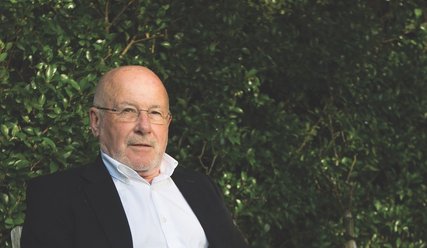Whanganui practice’s decade-long approach to addressing burnout
Any GP in New Zealand knows what administrative overload looks like, and how it happens. Patient’s needs are more complex and require more time, there’s a continuing GP shortage, and the health system demands more and more from the workforce. It’s easy to feel like there aren’t enough hours in the day.
Finding the time to see all of these patients is one thing. Finding the time to do all of the necessary and important follow-ups, referrals and paperwork is quite another.
Cue, Gonville Health Centre. Based in Whanganui, the centre has, for about the past ten years, been allocating specific paid admin time throughout the day for staff to use for administrative work, or as a buffer if appointments run overtime.
Clinical Services Manager Mistie Hemingway says clinical staff at the practice have half an hour allocated at the end of the morning, and another half an hour allocated at the end of the day. On top of this, they have dedicated peer review meetings, interdisciplinary team meetings as well as nurse and GP meetings.
“This time means the team are less likely to have to use their break times to catch up on their administrative work, and it certainly helps to lighten the load.
“I believe this does help to reduce burnout as it allows our clinicians to leave on time at the end of their workday and we all feel a sense of achievement when we’re on top of our workloads,” says Mistie.
Burnout is a very real issue. In the College’s 2020 burnout survey, nearly 31 percent of the respondents rated themselves as high on the burnout scale (up from 22 percent in 2018), and 21 percent working in rural hospital medicine rated themselves as being burnt out to some degree. Respondents who reported high burnout were more likely to be aged between 40 to 64 years, a practice owner or partner, and working fulltime.
Many of the issues respondents identified as causing a big or overwhelming effect were:
- The increasing complexity of patient presentations (92 percent)
- Barriers to timely patient, hospital, or other specialist referrals (78 percent)
- The number of consultations per day (71 percent)
- Significant numbers of patient consults running overtime for which respondents are not paid for (86 percent), and 55 percent of respondents said they do three or more consults a day at a reduced fee, or no fee.
When it comes to administrative tasks, 53 percent of respondents said they spend more than 90 minutes a day on ‘inbox tasks’ and 85 percent spend more than 60 minutes a day on these tasks.
If your practice has implemented a way to increase work life balance and reduce burnout for staff, let us know by emailing communications@rnzcgp.org.nz – we’d love to hear from you.
